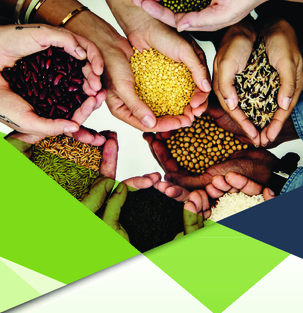China has taken effective measures to respond to global food security risks caused by the COVID-19 pandemic and geopolitical conflicts, officials say. China is increasing food production capacity to ensure food supply by building high-quality farmland and accelerating breeding innovation. The per capita grain availability reached 483 kilograms last year, much higher than the global standard of food security. China’s rapeseed yield hit a record high, and total production volumes underwent the biggest increase in six years, Agriculture Ministry official Zeng Yuanyu said. The ministry expects the area of early rice crops to increase steadily, and more than 60 per cent has already been harvested.
China can also expect a bumper harvest of autumn grain, which accounts for about 75 per cent of annual grain output. China’s price level is relatively stable, but due to the high international inflation, it is also on the rise. In the first eight months of last year, China’s imports of agricultural products dropped by 9.95 per cent year-on-year. According to a survey, the prices of pig feed and poultry feed have increased by 2 per cent and 4 per cent, respectively, in April and May 2022, compared with the end of January. International food prices have fallen since May 2022, but China’s feed costs remain high because of the continuous increase of interest rates in the United States.
The Russia-Ukraine conflict has pushed up international food prices and raised the global crop planting cost. China should establish a big food security concept, sorting out the global food supply crisis.















